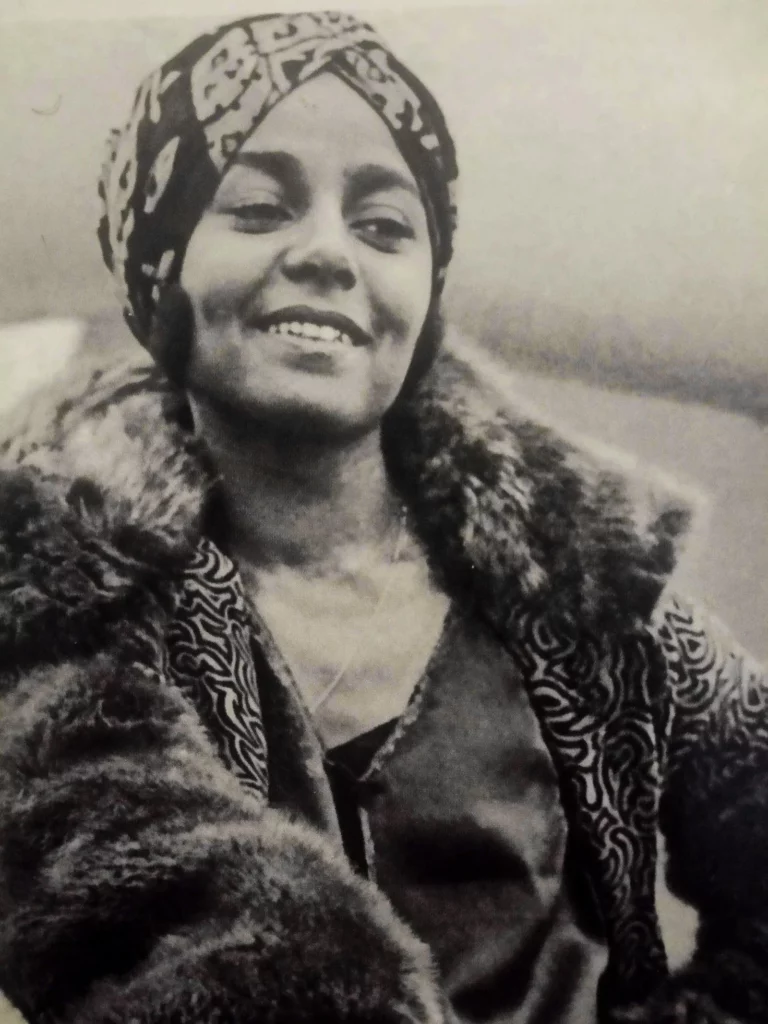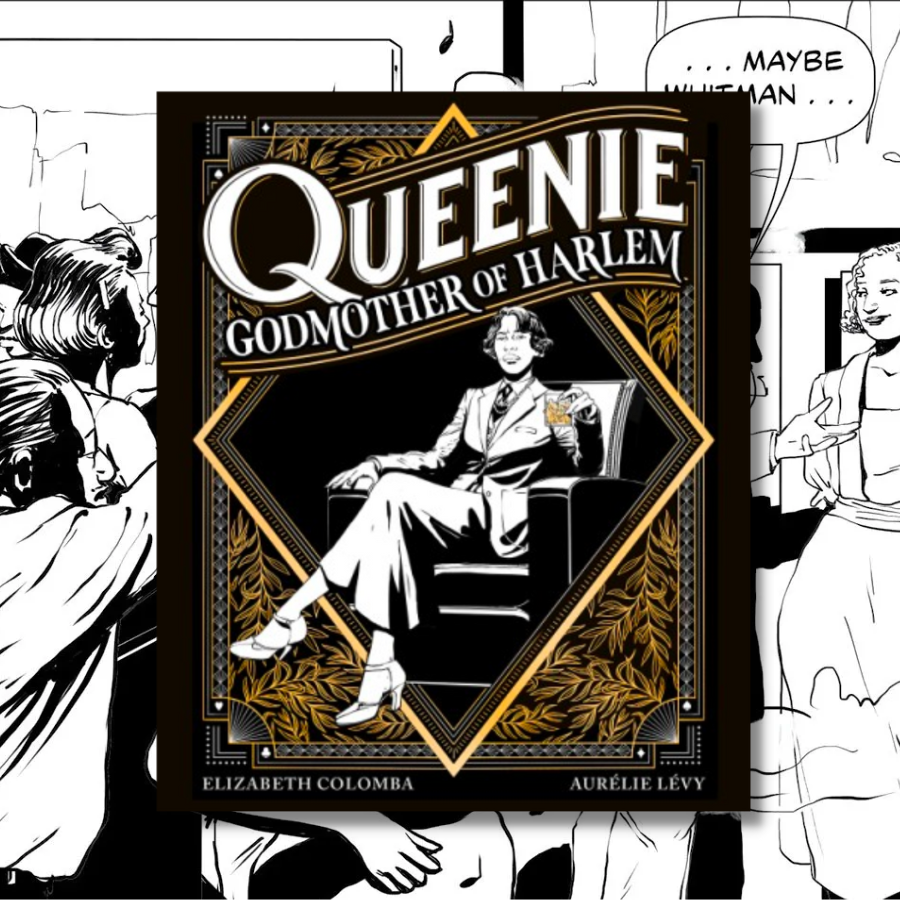Queenie: Godmother of Harlem by Elizabeth Colomba and Aurélie is a bio-graphic novel following the life of Stephanie St. Clair. A woman, who during the time of New York’s mob scene, ran Harlem through her creation of the underground numbers racket. We learn of Queenie’s origins from Martinique through to her control and protection of Harlem during the Harlem Renaissance. Working and eluding gangsters like Capone, Queenie: Godmother of Harlem tells the forgotten story of one of America’s greatest mob bosses.

When I think of this book, or more so when I think of Queenie, I think of power closely followed by elegance. Stephanie St. Clair was the Black Panther Party squeezed into one human being. She was Black nationalist. She was an immigrant. She ruled with an iron fist and compassion. Five steps ahead and level headed. She was a Black woman and in that, a Black woman during the 1920s. She was often able to use prejudice to work her enemies and yet she hid nothing.
She made no compromise even when she knew she was being swept from history and this book does an excellent job of laying out not only the brilliance of this woman but her story. Her relationship with others. What she cared about. What made her laugh. How she carried herself. What it looks like to have real protection in your community from your community. What it looks like when we give Black women room to lead. I keep thinking about how out of the 4-5 mob groups attached to this story in all real history she was the only one able to maneuver without violence.
The partnership between authors Colomba and Levy couldn’t have been a more excellent pairing for this story. Pulling from Black historical figures like Jack Johnson, the famous heavyweight champion often referred to as “the most famous Black man in the world” and the original founder of the Cotton Club, and Thelonious Monk, a famous jazz composer and pianist, Colomba & Levy are able to emphasis Queenie’s thread throughout pop culture in America, our history as Black folks, and her impact on her community. Through these pop ups we are able to get a real sense of what black pride looked like at the time. The readers are introduced to several literary references and quotes from people such as W.E.B Du Bois and James Baldwin.
One quote that stuck out to me was a quote from James Baldwin’s debate with William F. Buckley where the topic was “the American dream is at the expense of the American Negro.” I’ll withdraw from sharing the quote to say that the visual execution of this quote and the explanation that followed is something I will think about every day for the rest of my life. This book as whole is one the greatest examples of the graphic novel medium and out of it I have a new hero.


